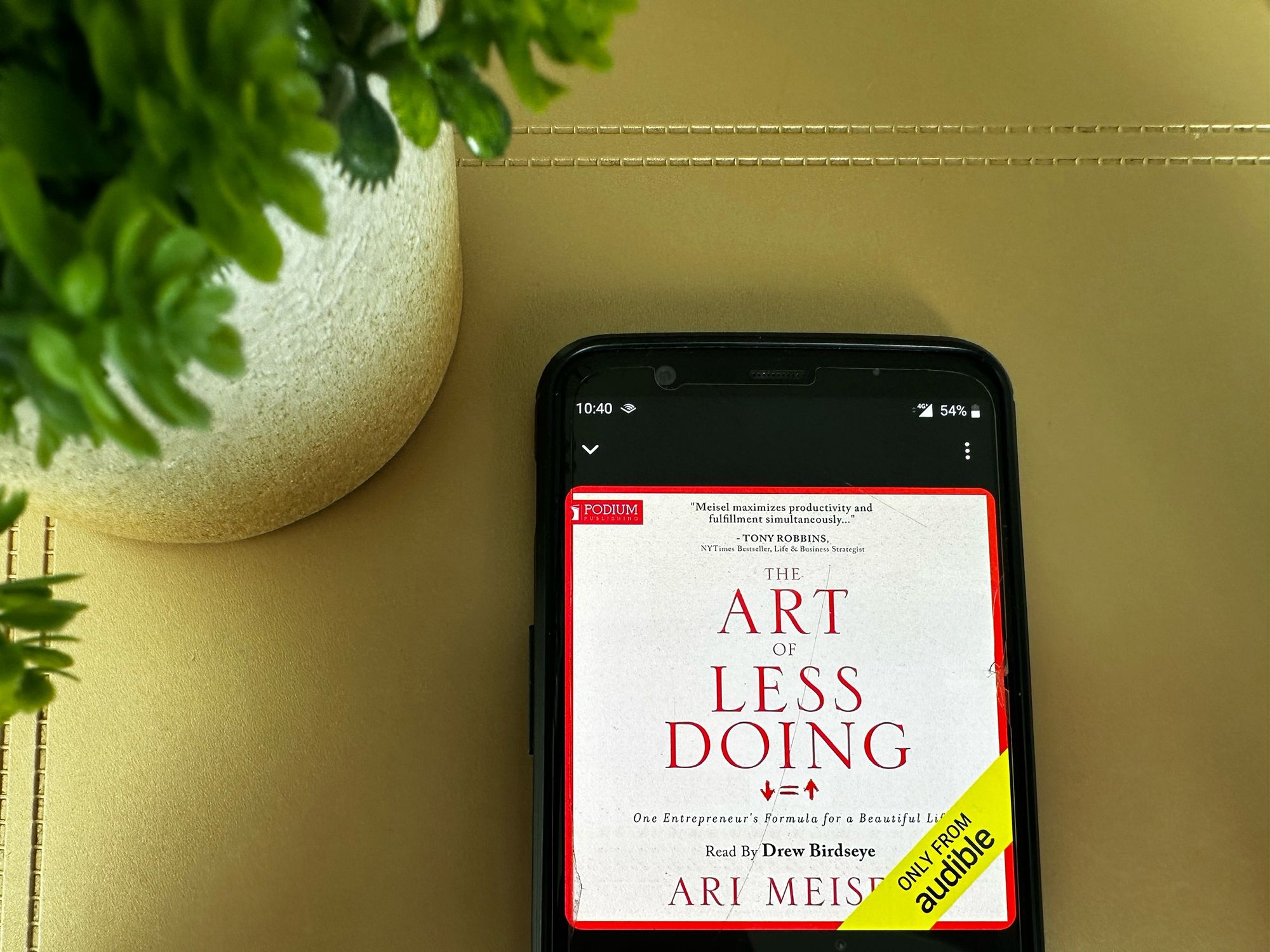Be replaceable 🔄
“To enjoy life, you don't need fancy nonsense, but you do need to control your time and realize that most things just aren't as serious as you make them out to be.”
– Tim Ferriss
💪The hustle
At the start of the pandemic, concerns about being worn out and burnt out were rising. Understandably so. Over the past 2 years, we have faced increasing uncertainty.
A year into the pandemic, I encountered a lot of content on how to stay productive & ways to maximize time. Nice to see people back on their feet!
Consequently, this was followed by the rise of anti-hustle on one corner of the internet. There were multiple criticisms thrown at the hustle culture and on multiple productivity content.
None of these concepts are new, but the cycle was... interesting.

Given this pattern is from the lens of my phone screen, I am aware that my internet feed differs from most people. I confirmed others have also seen the trend after discovering this year-old article from Knowable (it's a good read).
This had me thinking—is it a spectrum of productivity on one end & rest on the other? I don't think it is. It got me confused.
"Anti-self-help" books are ultimately, still, self-help books. Both advice on "staying productive" & "allocating time to do nothing" are not mutually exclusive.
As Kim Scott would put it, "Recreation is essential for creation."
📙 The Art of Less Doing
While pondering about this the past week, it reminded me of a book I read this year: The Art of Less Doing. The author, Ari Meisel, has been on a mission to make entrepreneurs replaceable.

The book encapsulates its main point in three words: Optimize, Outsource, and Automate.
Optimize
We all have an hour or two of peak productivity in a day. It is a time when it's easiest for us to enter a flow state. The time differs per person–some during the day, some at night.
This book has pushed me to block a focus time late in the morning. Building my day around my hours of peak productivity is one of the challenging things I had to figure out. I've always built my day around my meetings.
Another idea I most resonated with is to strive to "Always Be Done" (ABD). It's why I have been a zero-inbox person since I started using email. For the things you have to do, you can achieve ABD by deciding to Deal (including delegate), Delete, or Defer.
Outsource
It feels good to check a lot of tasks, but we don't have all the time in the world. This means we have to learn how to delegate & outsource.
Delegating is easy in theory, but harder in practice. It only becomes easier when the delegation muscle is exercised regularly. When I was starting out as a project manager, one thing I had to hear early on was: "You cannot build a hundred-person company by doing everything yourself."
Another route is paying an individual or a team to get a task done. This makes the most sense when your time is better spent doing higher-impact work or work you already know best.
Outsourcing usually means paying someone else to do work for you. We can take it a step further by automating.
Automate
Automating work has been something I gravitate towards. For me, it is a means of doing meaningful work.
Meaningful work is only possible when we eliminate work that doesn't make use of human skills (thinking or feeling). I have also built systems in place to minimize my time doing mundane or repetitive tasks and it makes a lot of difference. From tasks as small as turning on my phone's Wi-Fi as soon as I arrive at the house to work processes like onboarding a new employee, I have been striving to eliminate nonessential work.
Productivity looks and feels different among various people. It feels good to wake up at 5 am and have a morning routine. It feels good to check off 10 items on the to-do list. As for me, I know I have reached peak productivity when the only work I need to do is necessary (and meaningful) work.
🍯 Insightful takes
I linked the article Why We’re Obsessed With Productivity above.
I've sent Adam Grant's Mario Kart theory of peak flow to a few friends recently.
Related to the topic above is The magic of doing $10,000 per hour work.
CodePen co-founders shared their top 10 lessons from running CodePen the past 10 years.
Are there too many people in tech? Is there still a huge gap to fill for tech roles? I like this take on Kindness, Tech Staffing and Resource Allocation.
Member discussion